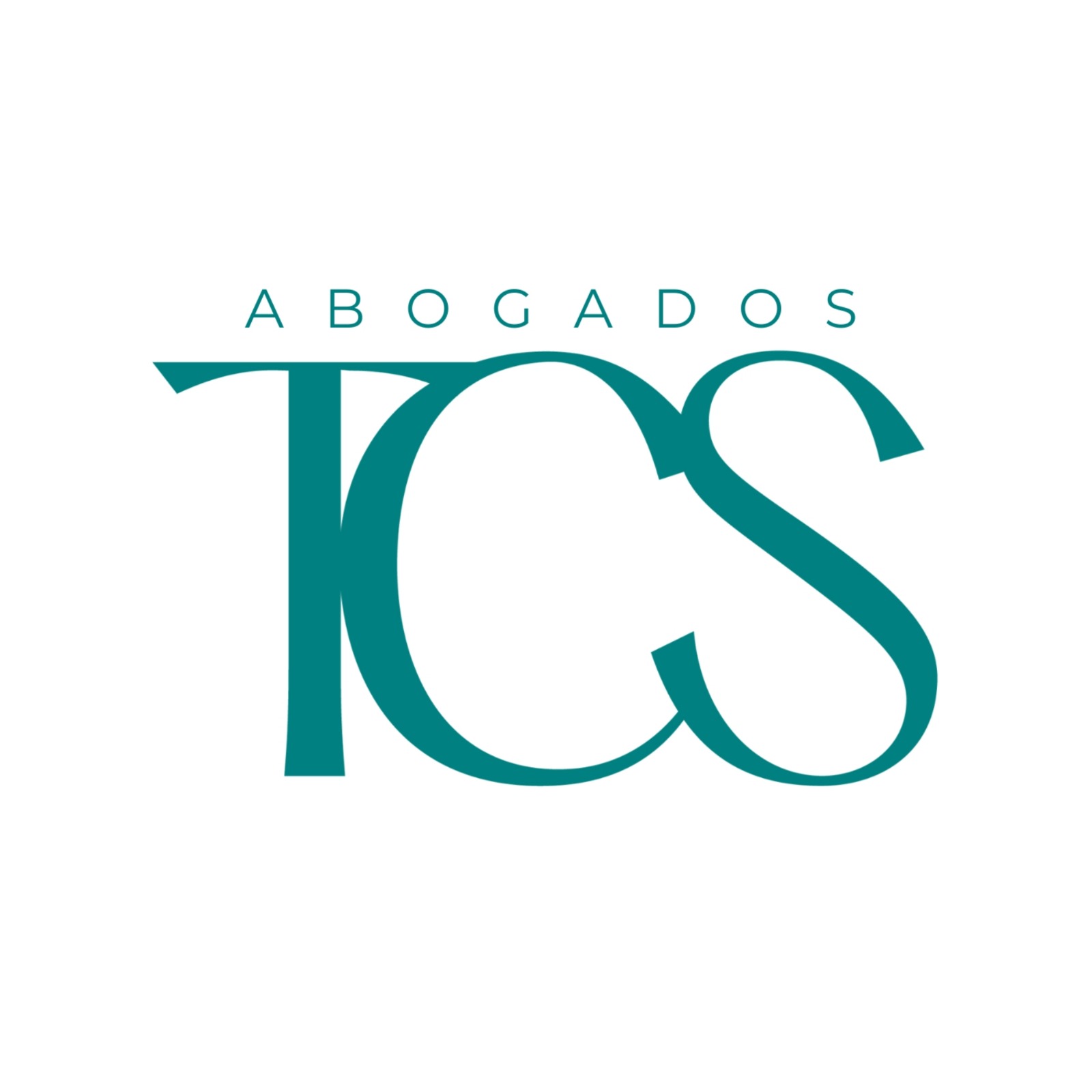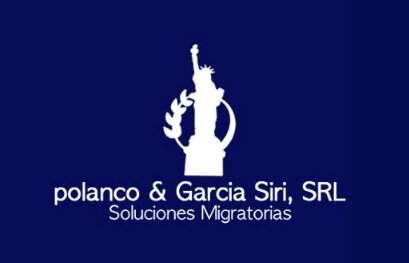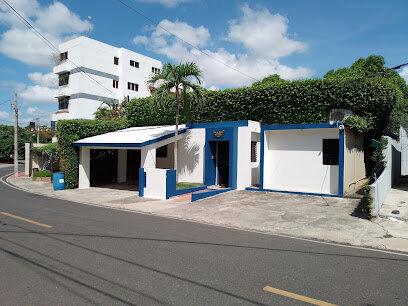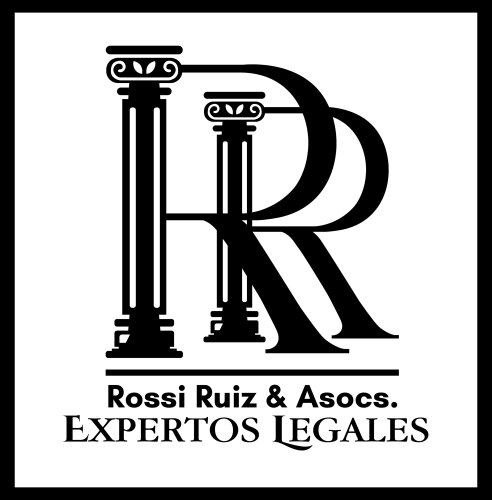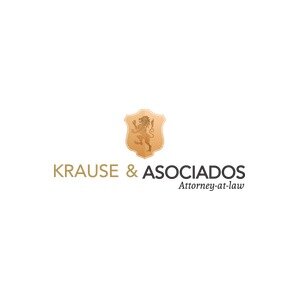Best Animal Law Lawyers in Dominican Republic
Share your needs with us, get contacted by law firms.
Free. Takes 2 min.
Or refine your search by selecting a city:
List of the best lawyers in Dominican Republic
About Animal Law in the Dominican Republic
Animal law in the Dominican Republic encompasses a series of regulations and legal frameworks aimed at protecting the welfare and rights of animals across the country. This field of law is designed to ensure that animals are treated humanely, and it regulates human-animal interactions in contexts that include but are not limited to pets, livestock, and wildlife conservation. Animal law covers topics such as cruelty prevention, animal ownership responsibilities, and the legal status of animals in criminal and civil cases.
Why You May Need a Lawyer
There are several situations in which individuals might require legal assistance in the realm of animal law in the Dominican Republic. Possible scenarios include:
- Facing accusations of animal cruelty or neglect.
- Disputes over animal ownership or pet custody in case of a divorce or separation.
- Involved in business activities related to animals, such as breeding, sale, or agriculture, requiring compliance with local laws.
- Accidents or injuries caused by or involving animals.
- Establishing animal-related non-profit organizations and ensuring legal compliance.
- Facing challenges related to zoning laws affecting animals like backyard chickens or kennels.
Local Laws Overview
The Dominican Republic has specific laws designed to protect animals and regulate their treatment. Some of the key aspects include:
- The National Animal Protection and Welfare Law, which sets out the guidelines for humane treatment of animals.
- Regulations regarding the care and management of domestic animals, addressing both pet ownership and livestock.
- Rules about exotic and endangered species, particularly concerning their import, export, and captivity.
- Enforcement protocols for animal abuse and penalties for violators.
- Requirements for businesses relating to animal services.
Frequently Asked Questions
What is considered animal cruelty under Dominican law?
Animal cruelty involves actions that cause unnecessary pain or suffering to animals, including neglect, physical abuse, and improper living conditions. The law defines specific behaviors and outlines penalties for those who violate these standards.
How can I report animal abuse?
Reports of animal abuse can be made to local law enforcement or animal protection organizations, which will investigate allegations and take appropriate action based on their findings.
Are there legal requirements for keeping exotic pets?
Yes, owning exotic pets typically requires permits and adherence to specific housing and care standards to ensure the safety and welfare of the animal.
What should I do if my pet is injured by another animal?
If your pet is injured by another animal, you may have legal options for seeking compensation for veterinary costs and related expenses, depending on the circumstances and local regulations.
Do I need a permit to run an animal-related business?
Yes, businesses that involve animals may require specific licenses or permits, and they must comply with set regulations regarding animal welfare and safety standards.
What are my responsibilities as a pet owner?
Pet owners are expected to provide proper food, shelter, veterinary care, and a safe environment. They must also adhere to laws regarding leashing, vaccinations, and waste disposal.
Can animals be included in a will or trust?
Yes, you can provide for the care of pets in a will or trust, specifying guardianship and allocating funds for their maintenance.
Are there laws governing pet adoption practices?
Adoption practices are regulated to ensure animals are placed in suitable environments and to prevent overcrowding of shelters. Adoption agencies must follow specific procedures and vet prospective adopters.
How are stray and abandoned animals managed?
Municipalities may have programs in place to manage stray animals, including spay/neuter initiatives and partnerships with shelters for adoption efforts.
What is the legal process if I am charged with an animal-related offense?
If charged with an animal-related offense, it is advisable to seek legal counsel to understand your rights and navigate the legal process effectively.
Additional Resources
For further assistance or information, consider reaching out to the following resources:
- Local animal shelters and rescue organizations for support and advocacy.
- Non-profit animal welfare groups operating in the Dominican Republic.
- The Ministry of the Environment and Natural Resources for laws related to wildlife and conservation.
- Legal aid organizations that provide guidance on animal law issues.
Next Steps
If you require legal assistance in animal law, the following steps are recommended:
- Document all relevant information related to your case, including photographs, witness statements, and correspondence.
- Contact a lawyer with expertise in animal law to discuss your situation and explore your legal options.
- Ensure you have a clear understanding of any deadlines or requirements for filing documents related to your case.
- Explore consultations with multiple legal experts if needed, to find the best fit for your case and budget.
- Stay informed about ongoing changes or updates in animal law by following reputable sources and legal professionals.
Lawzana helps you find the best lawyers and law firms in Dominican Republic through a curated and pre-screened list of qualified legal professionals. Our platform offers rankings and detailed profiles of attorneys and law firms, allowing you to compare based on practice areas, including Animal Law, experience, and client feedback.
Each profile includes a description of the firm's areas of practice, client reviews, team members and partners, year of establishment, spoken languages, office locations, contact information, social media presence, and any published articles or resources. Most firms on our platform speak English and are experienced in both local and international legal matters.
Get a quote from top-rated law firms in Dominican Republic — quickly, securely, and without unnecessary hassle.
Disclaimer:
The information provided on this page is for general informational purposes only and does not constitute legal advice. While we strive to ensure the accuracy and relevance of the content, legal information may change over time, and interpretations of the law can vary. You should always consult with a qualified legal professional for advice specific to your situation.
We disclaim all liability for actions taken or not taken based on the content of this page. If you believe any information is incorrect or outdated, please contact us, and we will review and update it where appropriate.
Browse animal law law firms by city in Dominican Republic
Refine your search by selecting a city.



